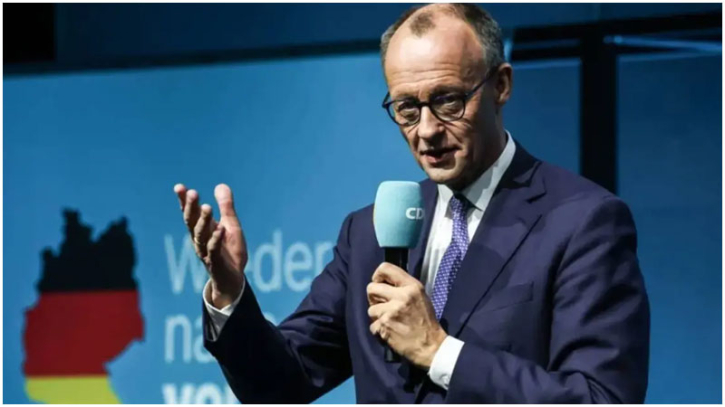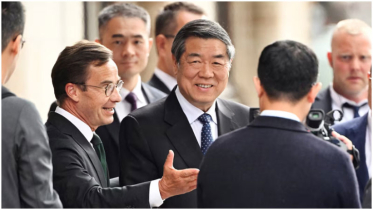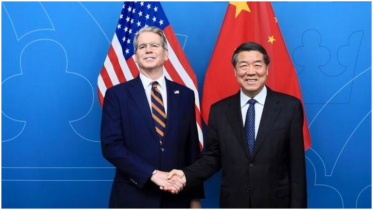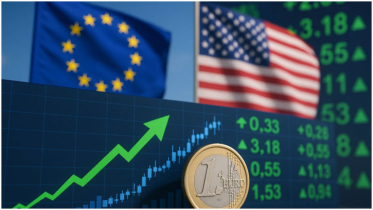Germany's Merz welcomes EU-US trade deal amid industry criticism

German Chancellor Friedrich Merz on Sunday welcomed the newly struck trade agreement between the European Union and the United States, praising it as a move that avoided “needless escalation in transatlantic trade relations.” However, the deal has drawn strong criticism from key German industries.
“We have succeeded in safeguarding our core interests, though I had hoped for greater relief in transatlantic trade,” Merz said in a statement shortly after the deal’s announcement.
Under the agreement, most EU exports to the US will now face a 15-percent tariff. Despite this, the deal marks a significant step back from a potential trade conflict that many feared could disrupt economic ties. The US remains Germany’s largest trading partner.
Merz expressed particular relief for the automotive sector, which had been bracing for tariffs as high as 27.5 percent prior to the agreement. Germany’s chemicals and machinery sectors—also heavily reliant on US markets—are expected to feel the impact as well.
Industry groups have reacted sharply. The Federation of German Industries (BDI) warned of “considerable negative repercussions” and said the deal sends “a fatal signal” to the deeply integrated transatlantic economy.
The German Chemical Industry Association (VCI) also criticized the accord, calling the new tariff levels “too high.”
“When you’re expecting a hurricane, a storm feels like a relief,” the VCI said. “Escalation was avoided, but at a high cost for both sides.”
The BGA exporters association described the deal as a “painful compromise” that poses an “existential threat” to many businesses.
Clemens Fuest, president of the influential IFO Institute, was blunt in his assessment, calling the agreement “a humiliation for the EU that reflects the imbalance in power” between the two sides.
Chancellor Merz stressed that many aspects of the deal still need to be finalized and pledged his “full support” for the European Commission in upcoming negotiations.
German Finance Minister Lars Klingbeil took a more measured view, calling the agreement “a good first step” but noting that the government would “closely examine its impact on Germany’s economy and jobs.”
.png)




